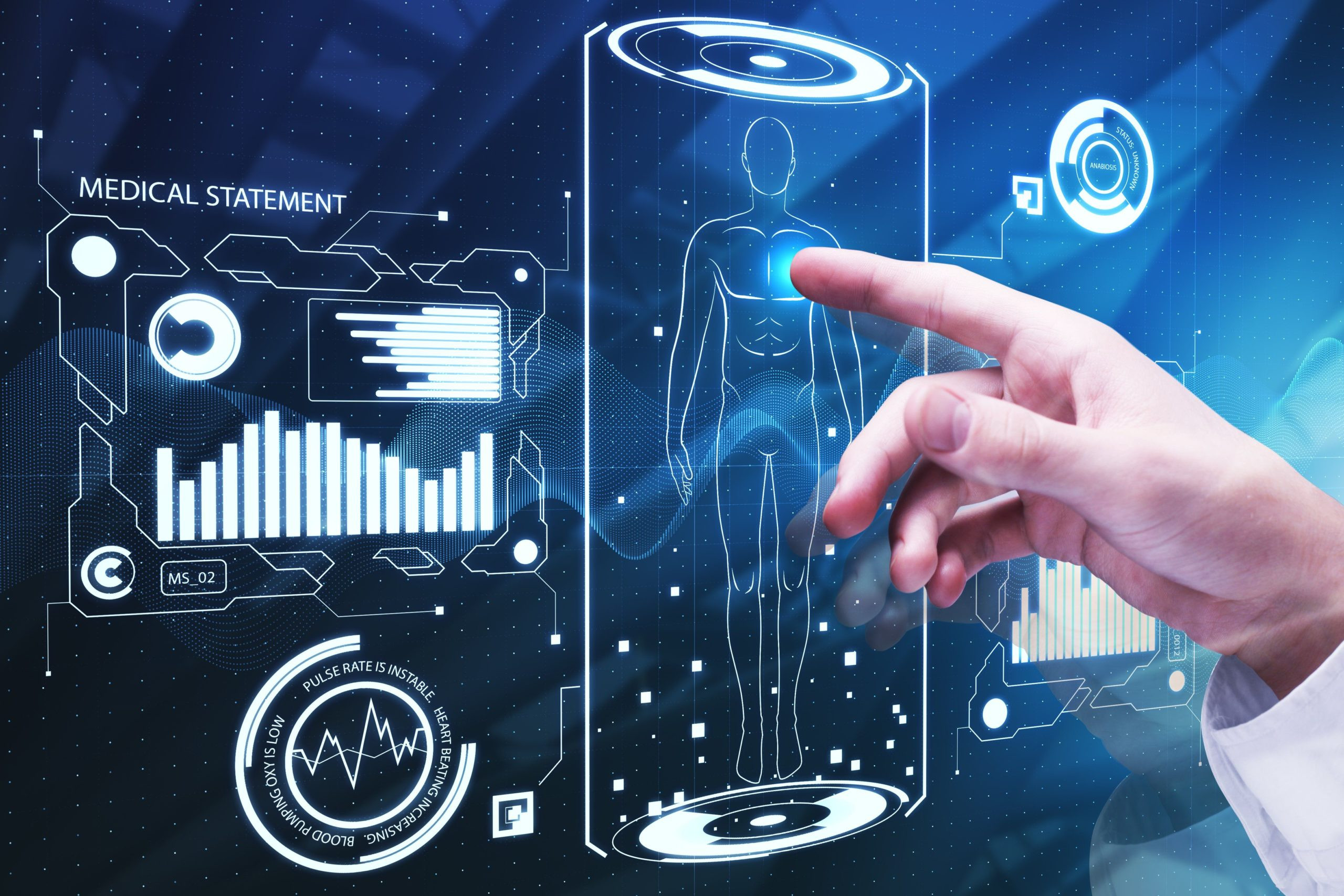AI's Growing Presence in Healthcare: A Revolution in Patient Care
The healthcare industry is undergoing a dramatic transformation, fueled by the rapid advancements in artificial intelligence (AI). From personalized medicine to automated diagnosis, AI is poised to revolutionize how we approach healthcare, offering significant benefits to both patients and healthcare professionals. But the integration of AI also raises crucial ethical and regulatory questions that need to be addressed as this technology evolves.
The Promise of AI: Personalized Medicine and Enhanced Diagnostics
One of the most promising applications of AI in healthcare is personalized medicine. By analyzing vast amounts of patient data, AI algorithms can identify individual risk factors and tailor treatment plans to each patient's unique needs. This approach has the potential to dramatically improve treatment outcomes and reduce adverse effects.
AI-Powered Diagnostics: A New Era of Accuracy
AI is also proving to be highly effective in medical diagnosis. AI algorithms can analyze medical images, such as X-rays and CT scans, with remarkable accuracy, often surpassing human experts in detecting abnormalities. This capability is particularly valuable in early disease detection, enabling timely interventions and improving patient prognosis.
The Human Touch: Redefining the Doctor-Patient Relationship
While AI is transforming many aspects of healthcare, it's important to remember that the doctor-patient relationship remains central to delivering quality care. AI should not be seen as a replacement for human healthcare professionals but rather as a powerful tool that can enhance their capabilities.
AI as an Assistant: Empowering Healthcare Professionals
AI can assist healthcare providers in various tasks, freeing up their time to focus on patient care. For example, AI-powered chatbots can answer patient questions and provide basic medical advice, while AI algorithms can analyze patient data to identify potential health risks and recommend preventive measures.
Navigating the Ethical Landscape: Addressing Concerns
The integration of AI into healthcare also raises important ethical and regulatory concerns. Questions about data privacy, algorithmic bias, and the potential for job displacement need to be addressed to ensure that AI is used responsibly and ethically.
Transparency and Accountability: Key to Building Trust
Transparency is crucial in building trust in AI-powered healthcare solutions. Patients need to understand how AI algorithms are used, the data they rely on, and the potential risks and benefits. Accountability is also essential. There needs to be clear guidelines for who is responsible for AI-driven decisions and how errors are addressed.
The Future of Healthcare: A Collaborative Approach
The future of healthcare lies in a collaborative approach that harnesses the power of AI while preserving the essential human elements of care. By integrating AI into existing healthcare systems thoughtfully and ethically, we can create a future where healthcare is more personalized, efficient, and effective than ever before.
The End of the Beginning: A New Chapter in Healthcare
The integration of AI into healthcare is still in its early stages. As the technology continues to evolve, we can expect to see even more innovative applications that will transform how we prevent, diagnose, and treat diseases. The future of healthcare is bright, but it's a future that requires a careful balance between technological advancements and the essential human touch that defines the healing process.


















